Alexa? How much do you know about me?
Smart devices are potentially sharing vast amounts of your personal data with social media and marketing companies
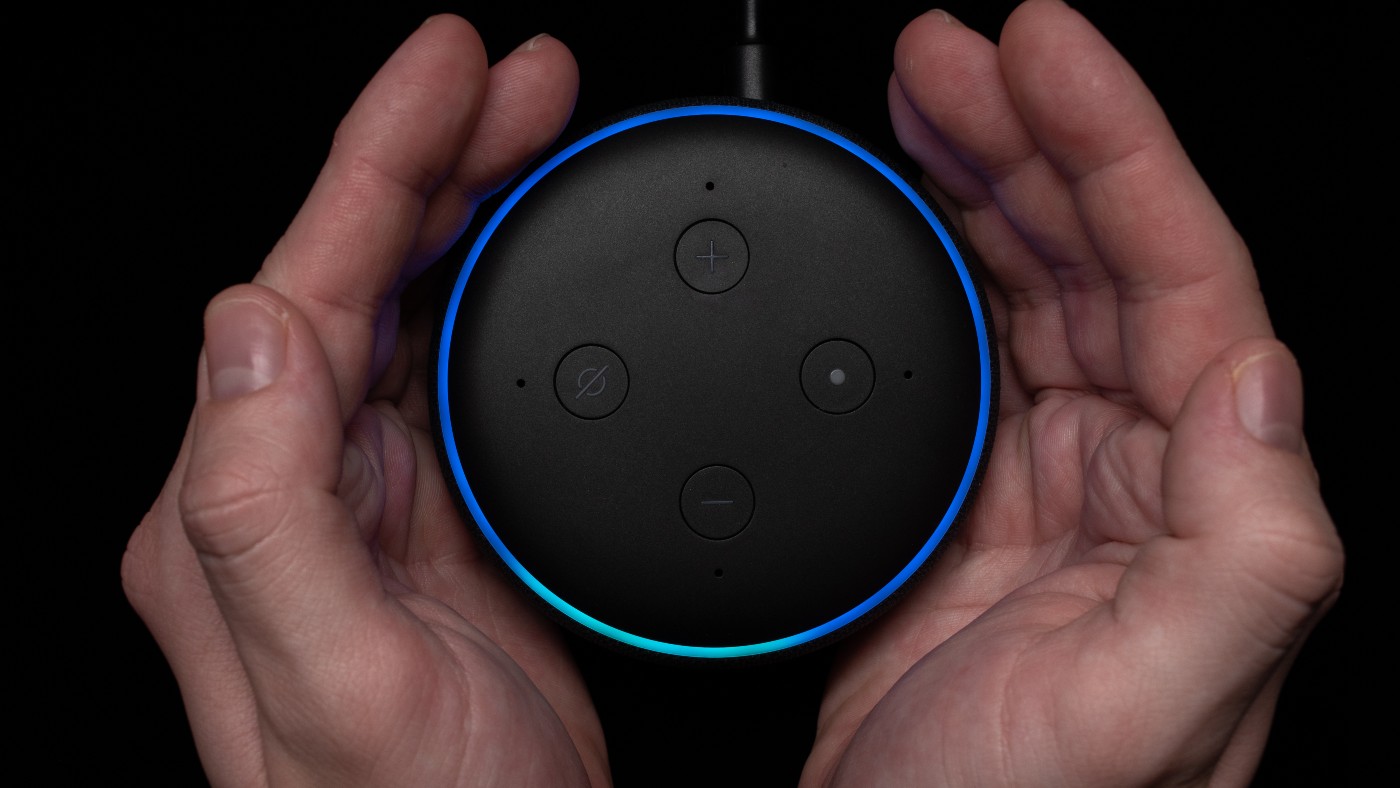
A free daily email with the biggest news stories of the day – and the best features from TheWeek.com
You are now subscribed
Your newsletter sign-up was successful
Smart devices in our homes are potentially sharing vast amounts of personal data with social media and marketing companies, new research suggests.
Devices such as smart speakers, doorbells, TVs, security cameras, and even washing machines, are collecting "far more data than is needed for the product to function", consumer group Which? said. It assessed the "data collection practices of major brands" that sell smart devices and found that all of them requested data through their apps that was "arguably" not "necessary". It added that some of those brands wanted to track your location even "when you aren't using the app".
While there is little consumers can do to take "full control" of their data, there are small changes they could make to "shore things up", Which? said. It also added that the need to "improve transparency" of companies collecting data was "long overdue".
The Week
Escape your echo chamber. Get the facts behind the news, plus analysis from multiple perspectives.

Sign up for The Week's Free Newsletters
From our morning news briefing to a weekly Good News Newsletter, get the best of The Week delivered directly to your inbox.
From our morning news briefing to a weekly Good News Newsletter, get the best of The Week delivered directly to your inbox.
Which companies are involved and what are they collecting?
The research looked at a wide range of popular brands providing different kinds of smart devices, but "every brand" required "exact location data as well as an approximate one", said The Guardian.
Among those named in the research are doorbell and camera brands such as Ring (owned by Amazon), Google Nest and Ezviz, smart speaker brands including Bose, Amazon Echo and Apple HomePod, TV manufacturers Samsung, LG and Sony, as well as washing machine brands Miele, Samsung, LG and Hoover. In some instances, the data collected by these devices was being passed on to the likes of TikTok and Meta, the owner of Facebook and Instagram, as well as Amazon and Google.
Ezviz was "found to be particularly hungry" for data, said Sky News, requiring information including name, email, precise location, and in some cases phone number and contacts. It was found to be sharing data with "Google; Meta; Chinese phone maker Huawei; and TikTok's own business marketing unit called Pangle".
Smart washing machines are also collecting data that has "nothing to do with spin cycles", wrote Richard Currie at The Register, pointing out that the likes of LG and Hoover "don't allow use of their apps without knowing how old you are". And though smart TVs don't normally require an app, they do "track user behaviour" in order to "flood their menus with ads". LG, Samsung and Sony have been "put on blast”, Currie added, given they require users to accept all tracking automatically, or decline each one manually.
A free daily email with the biggest news stories of the day – and the best features from TheWeek.com
How can users protect their data?
Data collection "must be relevant and only necessary" under data protection laws, said The Times, but the justifications for requesting information are "often too broad for consumers to appreciate" and privacy policies are "often long and confusing”. The Commons Culture, Media and Sport Committee has previously requested the government "standardise privacy interfaces for connected devices to rectify this problem", the paper said.
And though collecting data "isn't inherently a bad thing”, said Which?, there are some steps consumers can take to restrict what is collected. That includes opting out of requests you are not "comfortable with" during set-up, as well as reviewing app permissions, phone settings, and requesting that recordings by systems like Alexa are deleted. It did warn, however, that turning off some settings "might stop or limit some of the app's functions".
Is Alexa really listening?
A majority of people surveyed believe that "smart home devices listen to you when you aren't aware", said PCMag in its own US survey in 2020. Smart assistants like Alexa and Google Assistant are meant "to listen only when triggered by a wake word or other voice command", but this has not "always been the case".
Amazon says that its Alexa devices do not record or store voice recordings unless "they are specifically activated”, but there is a "strong possibility that your Alexa is activating accidentally", wrote Carley Lerner in Reader's Digest. The more the device is used the better its detection will get, and if it is functioning correctly "there is no evidence to believe Alexa is always recording", she added.
But Amazon does employ "hundreds of people to read and annotate the transcripts" of voice recordings to improve the Alexa service, it says, adding that it also does not tie any personal information to the transcripts. Though it is possible to opt out of these recordings being stored and read, everyone should be "aware of the reduced privacy that we are accepting" when installing a smart speaker.
Richard Windsor is a freelance writer for The Week Digital. He began his journalism career writing about politics and sport while studying at the University of Southampton. He then worked across various football publications before specialising in cycling for almost nine years, covering major races including the Tour de France and interviewing some of the sport’s top riders. He led Cycling Weekly’s digital platforms as editor for seven of those years, helping to transform the publication into the UK’s largest cycling website. He now works as a freelance writer, editor and consultant.
-
 The environmental cost of GLP-1s
The environmental cost of GLP-1sThe explainer Producing the drugs is a dirty process
-
 Greenland’s capital becomes ground zero for the country’s diplomatic straits
Greenland’s capital becomes ground zero for the country’s diplomatic straitsIN THE SPOTLIGHT A flurry of new consular activity in Nuuk shows how important Greenland has become to Europeans’ anxiety about American imperialism
-
 ‘This is something that happens all too often’
‘This is something that happens all too often’Instant Opinion Opinion, comment and editorials of the day
-
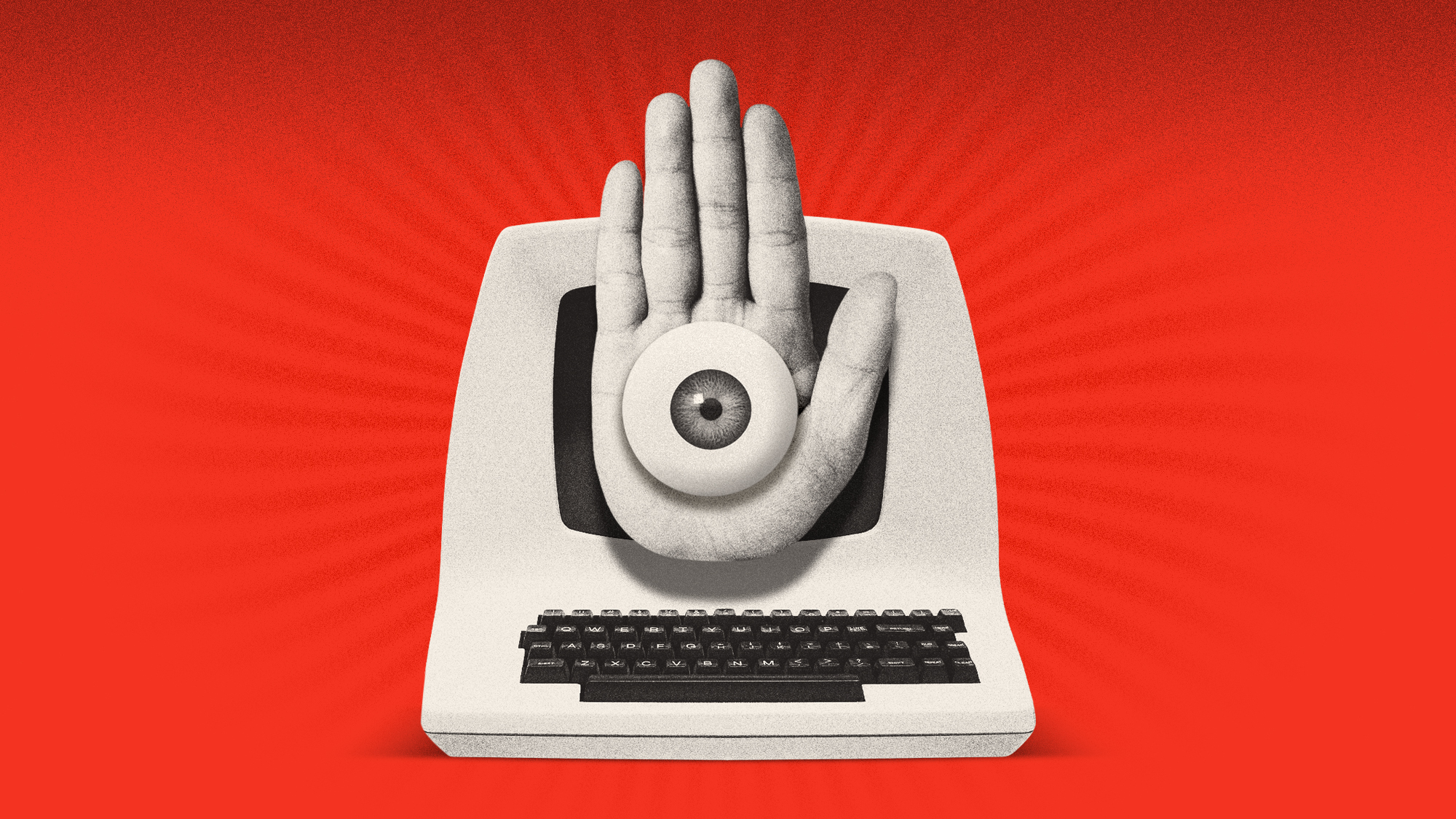 Will online age checks doom internet freedom?
Will online age checks doom internet freedom?Today's Big Question Or do they protect children from harm?
-
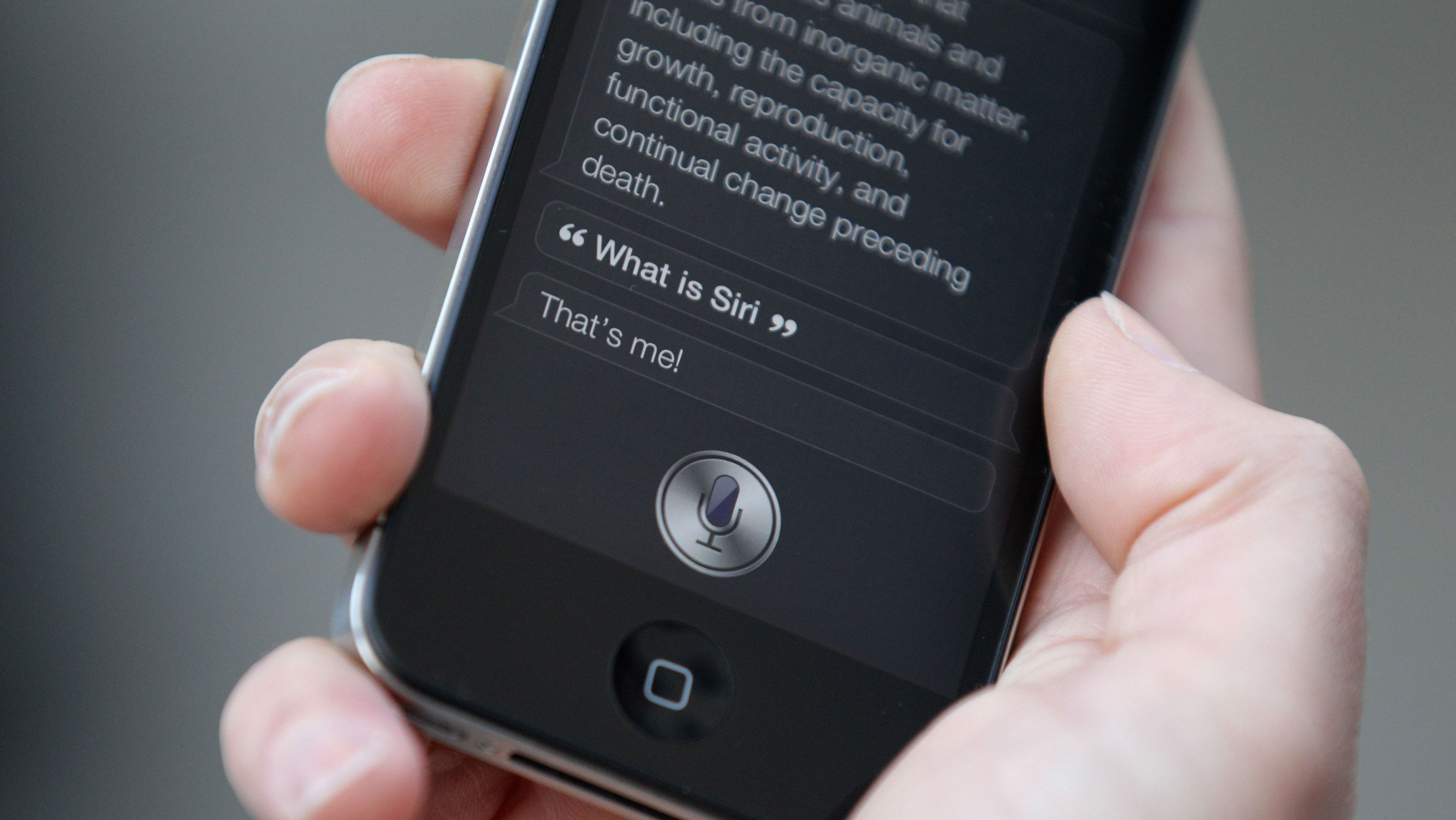 Whistle-blower claims Apple ‘ignoring and violating’ users’ rights
Whistle-blower claims Apple ‘ignoring and violating’ users’ rightsSpeed Read Former contractor says tech giant has failed to act on his disclosures about ‘intimate’ Siri recordings
-
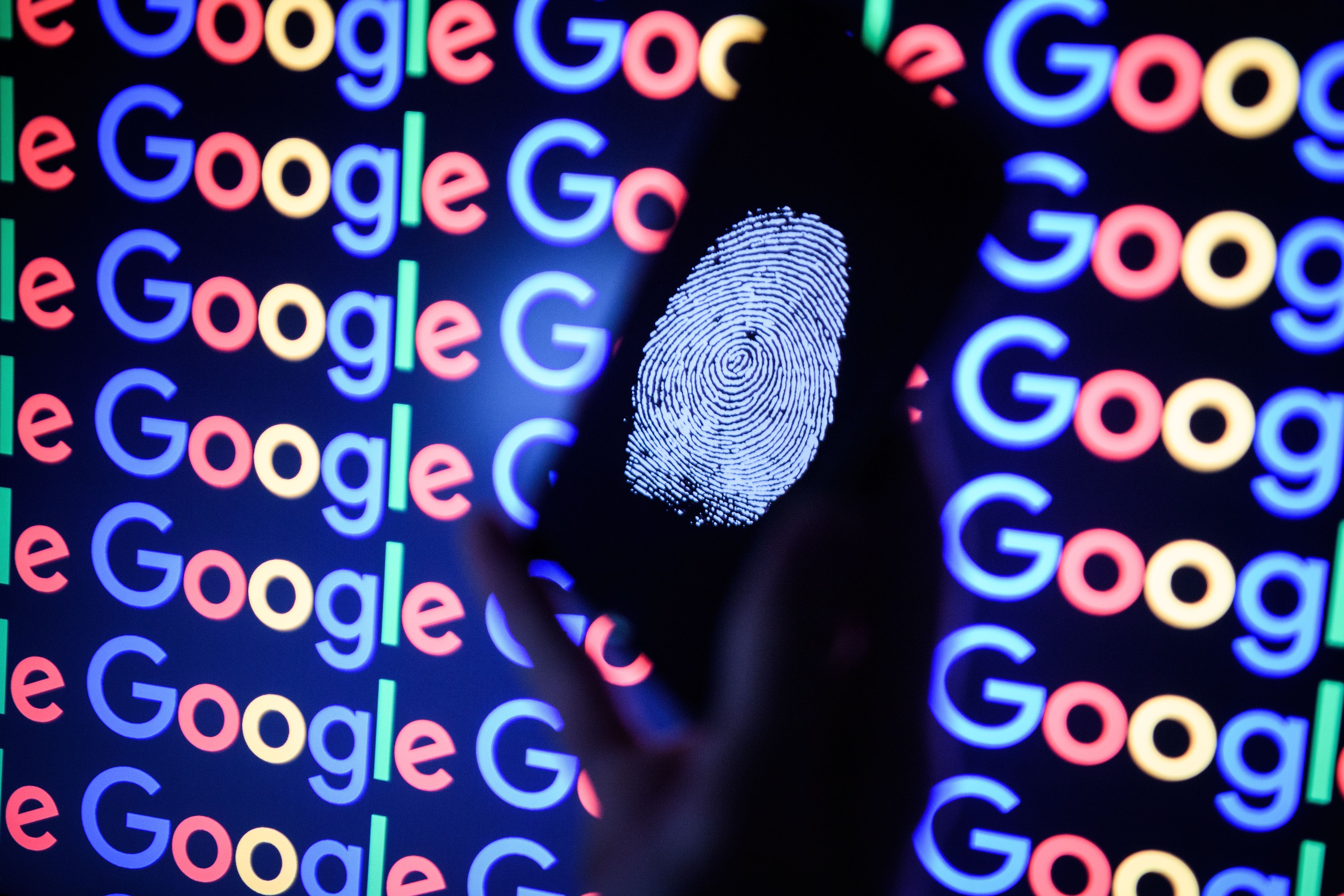 Google Project Nightingale: tens of millions of health records gathered ‘without consent’
Google Project Nightingale: tens of millions of health records gathered ‘without consent’In Depth Search giant’s new deal with health firm could make it a key player in the medical tech race
-
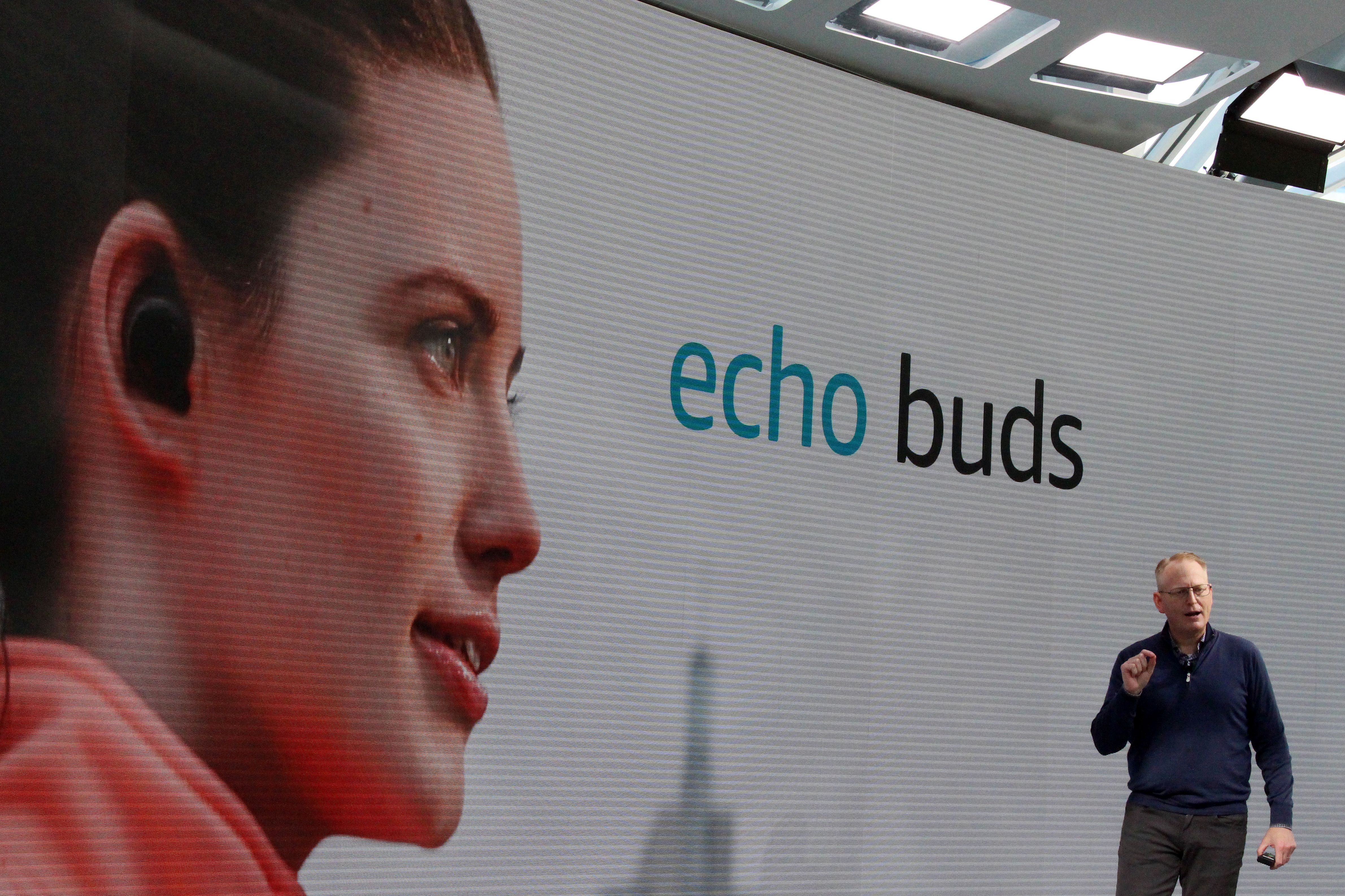 Amazon hardware event 2019: Echo Buds, Frames and more
Amazon hardware event 2019: Echo Buds, Frames and moreIn Depth From Alexa-powered glasses to pet trackers, the exciting new gadgets announced at the product keynote
-
 Alexa to impersonate celebrities
Alexa to impersonate celebritiesIn Depth Samuel L. Jackson will be first star to lend voice to Amazon’s new artificial intelligence feature
-
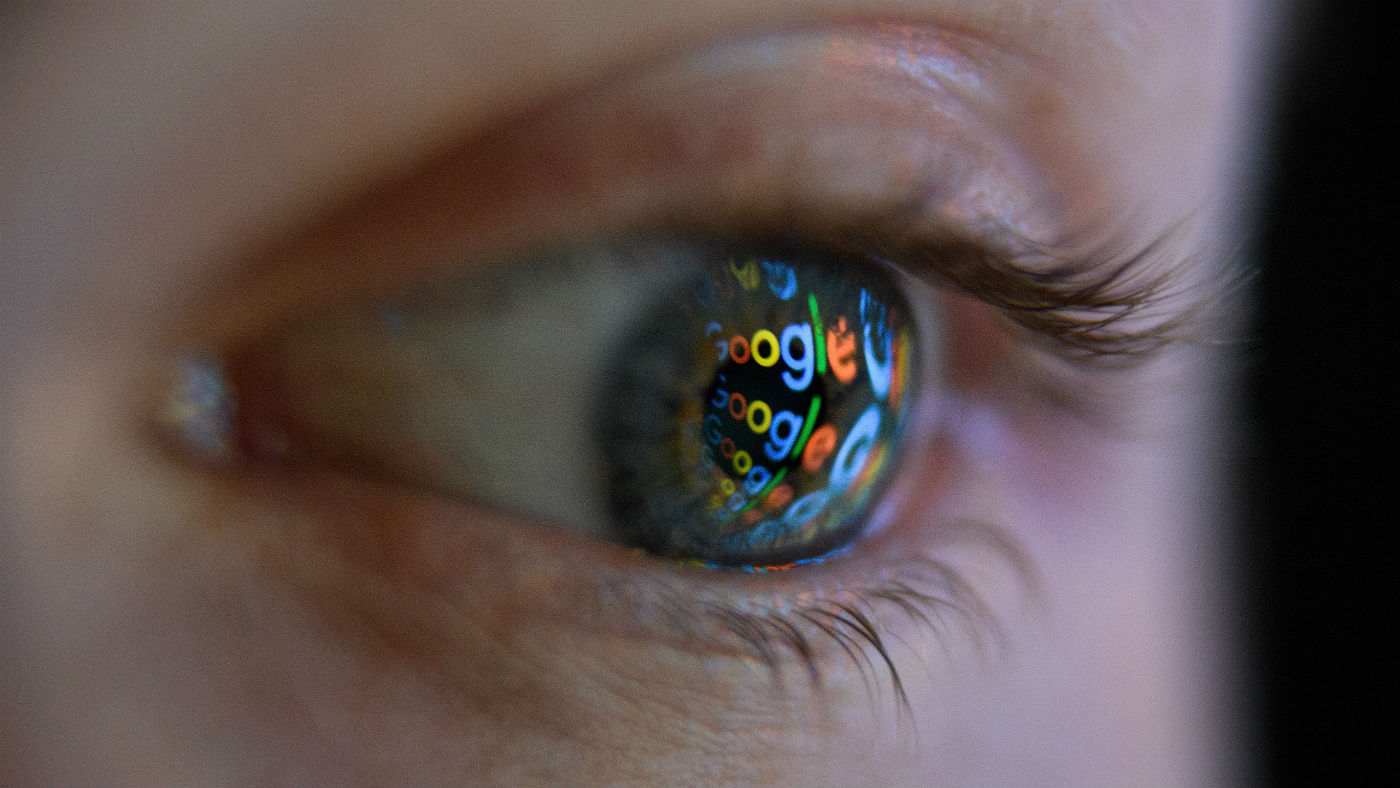 How ‘landmark’ right to be forgotten case will change Google search results
How ‘landmark’ right to be forgotten case will change Google search resultsIn Depth Search giant wins four-year legal battle against tougher privacy laws
-
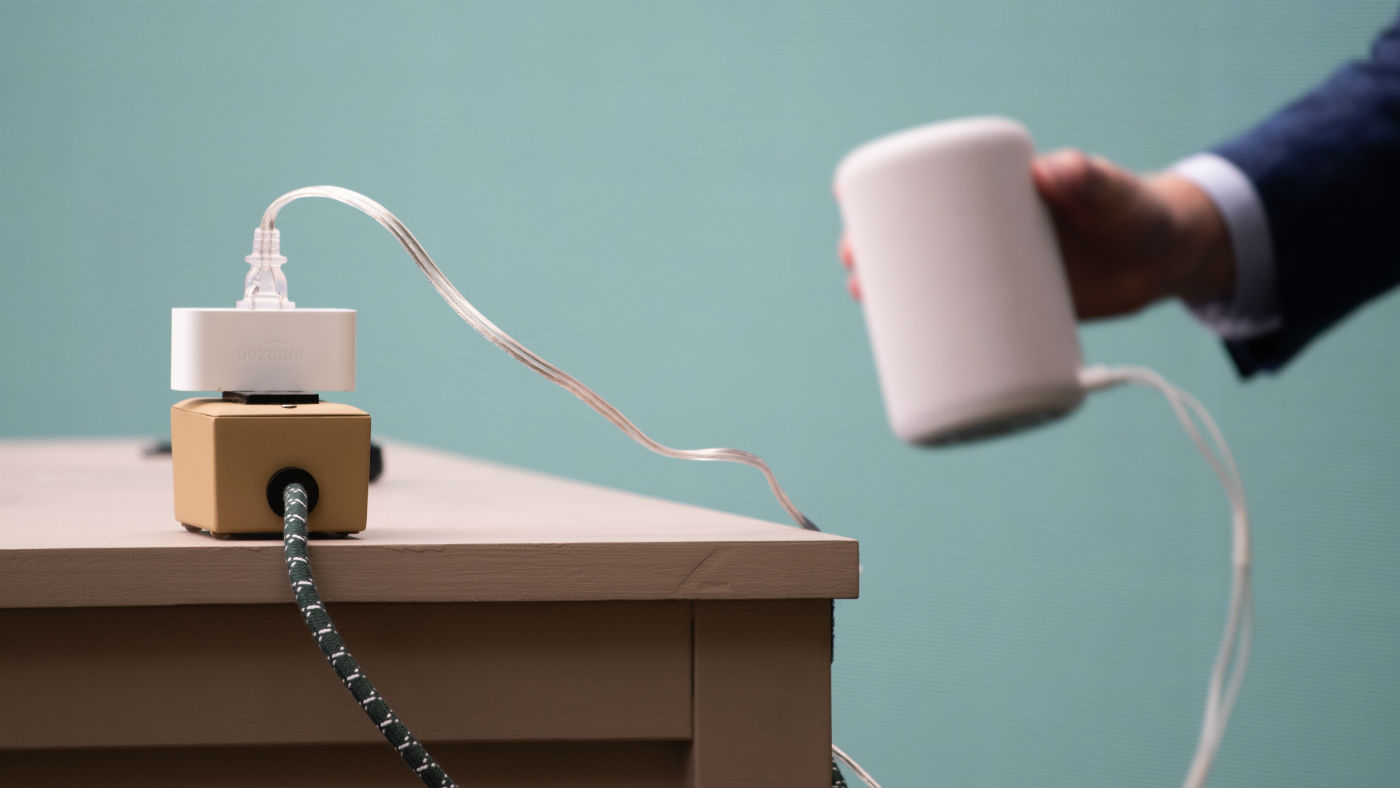 Amazon Alexa to ‘give evidence’ in double murder case
Amazon Alexa to ‘give evidence’ in double murder caseSpeed Read Court order sets up potential privacy fight, although it is not the first time smart speakers have been used in criminal cases
-
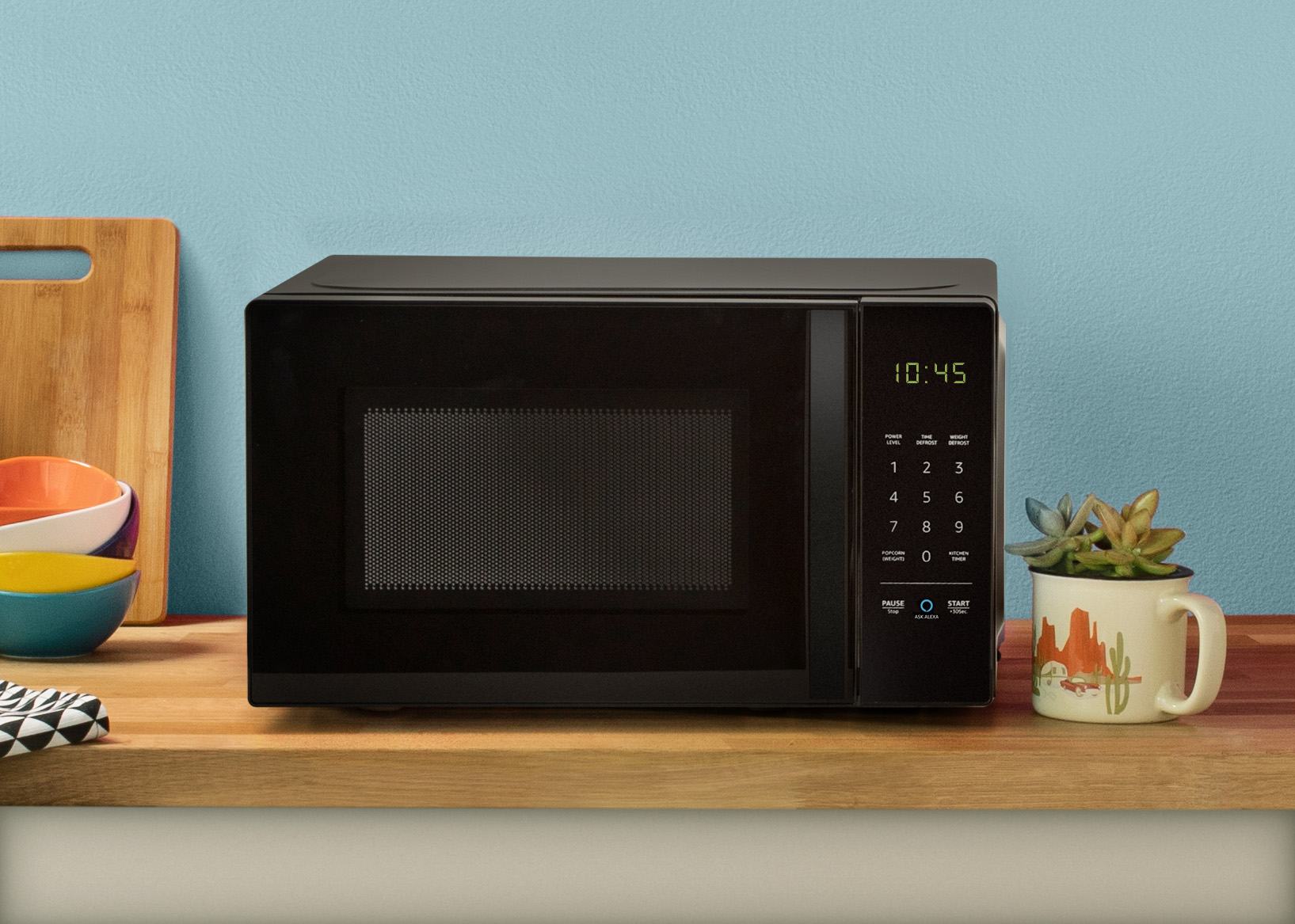 Why has Amazon made an Alexa-powered microwave?
Why has Amazon made an Alexa-powered microwave?Speed Read Voice commands can be used to set timers - but users still need to place food in the oven